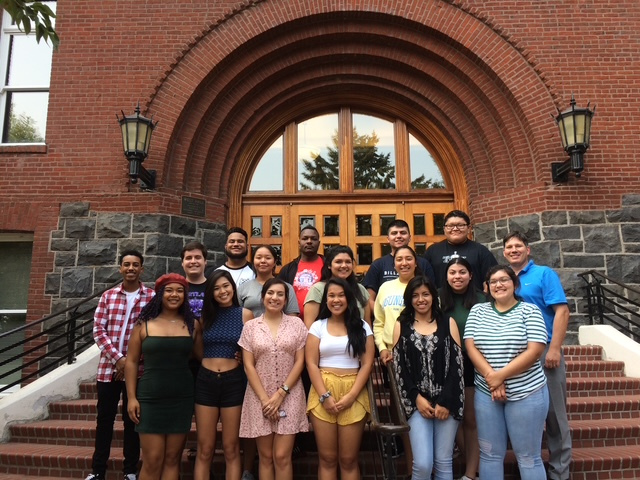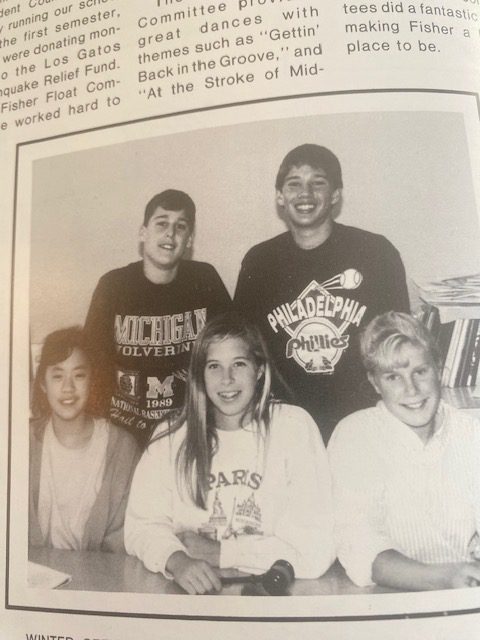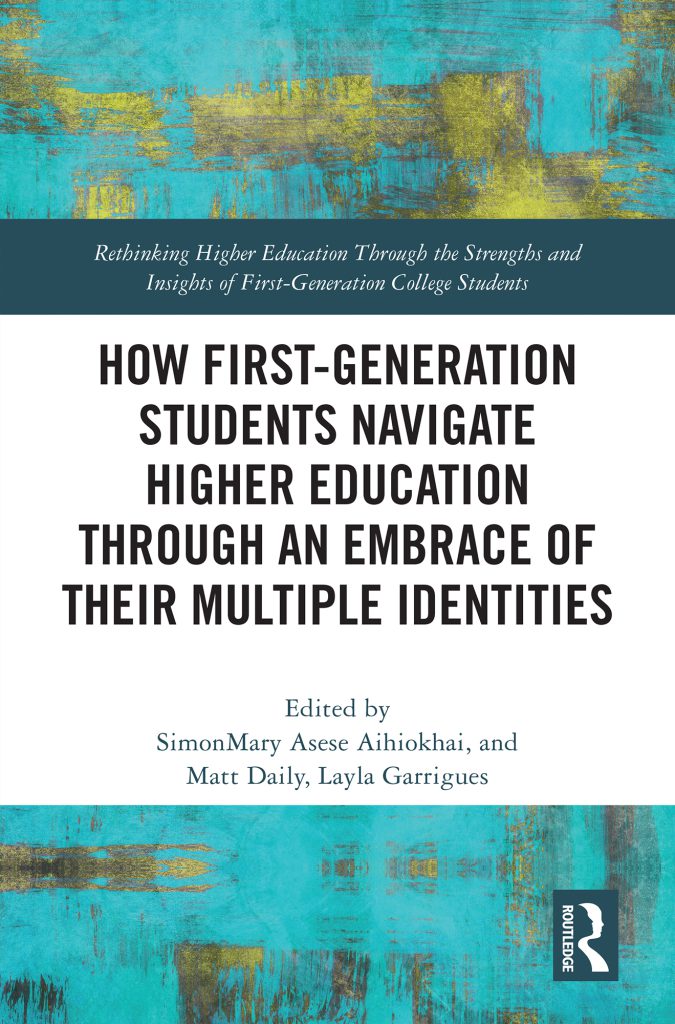
If you look at recent data, you’ll find the majority of undergraduate college students who are the first generation in their family to reach these higher-academic halls, says Fisher Middle School alum and Los Gatos High School (Class of ‘94) graduate Matt Daily.
He’s now the assistant vice president and dean of students at Idaho State University, and recently helped put together a book that delves into strategies to make sure these learners succeed.
“My experience in Los Gatos was, I saw how important education was to so many different people,” he reflected, naming Chris Benson and Johnny Hannegan as a couple boosters that made a big difference over the years. “You have people all coming together in unique ways, with foundations offering their support.”
He played for coaches like Butch Cattolico and Joe Winstead, and even became the student body president in his senior year. He went on to play baseball at Lewis and Clark College in Portland and graduated from Notre Dame, in Indiana, with a degree in American Studies.
But, he says, in his career he quickly learned that not everyone arrived at college with the same level of assistance from their family or local community.
That became crystal clear while teaching middle school in Corpus Christie, Texas, as he was pursuing a Master’s degree.

(Courtesy of Matt Daily)
“I think that’s where I saw education in a much different environment—much different than (in) Los Gatos,” he said. “There was a lot of need, and a lot of under-resourced schools. And it really broadened your understanding of what is possible, of how education can transform life.”
He’s noticed that first-generation students approach their studies with a lot of grit. But, he also saw how they could, at times, struggle with the new—and very unfamiliar—university environment.
“We really are trying to empower these colleges and universities to really double-down on their efforts to support these students,” he said. “A lot of institutions love to say they are recruiting first-gen students…But the important thing is, what are we doing once they’re there.”
But, he says, the narrative is shifting. And he’s hoping his new book, “How First-Generation Students Navigate Higher Education through an Embrace of their Multiple Identities,” will be part of that renaissance.
This book, edited by Daily, alongside SimonMary Asese Aihiokhai and Layla Garrigues, is 214 pages long and contains chapters like, “Rethinking Social Mobility: Why We Don’t Talk About It But Need To!,” from Adj Marshall and Rosemary Ferreira; and “Stories from First-Generation Students and Their Experiences with Student Services” by Adam Omidpanah, Sopharoth Ith, and Diana Salgado Huicochea.
Their publisher, Routledge Taylor & Francis Group, describes it as an exploration of “how first-generation college students negotiate the culture of higher education through an embrace of their multiple identities,” noting the volume “attempts to shed light on the creative approaches first-generation students use to succeed in college as well as help broaden the vision of the institutions they choose to call their intellectual home.”
It may be a bit wonky and does come with quite a steep price tag ($144 for hardback, $42.74 for an e-book), but they’re hoping it will appeal to everyone from scholars and researchers, to upper-level students.
“It’s not enough to just have a club and put the onus on the student; we need to put the onus on the universities,” Daily said, pointing out it’s the institution that’s benefitting significantly from this type of learner. “These students bring a lot of cultural wealth.”











Congratulations to Matt and the iconic Los Gatos Daily family. The Daily’s are a wonderful family who’s parents instilled Christian values and Matt certainly had been a man for others.